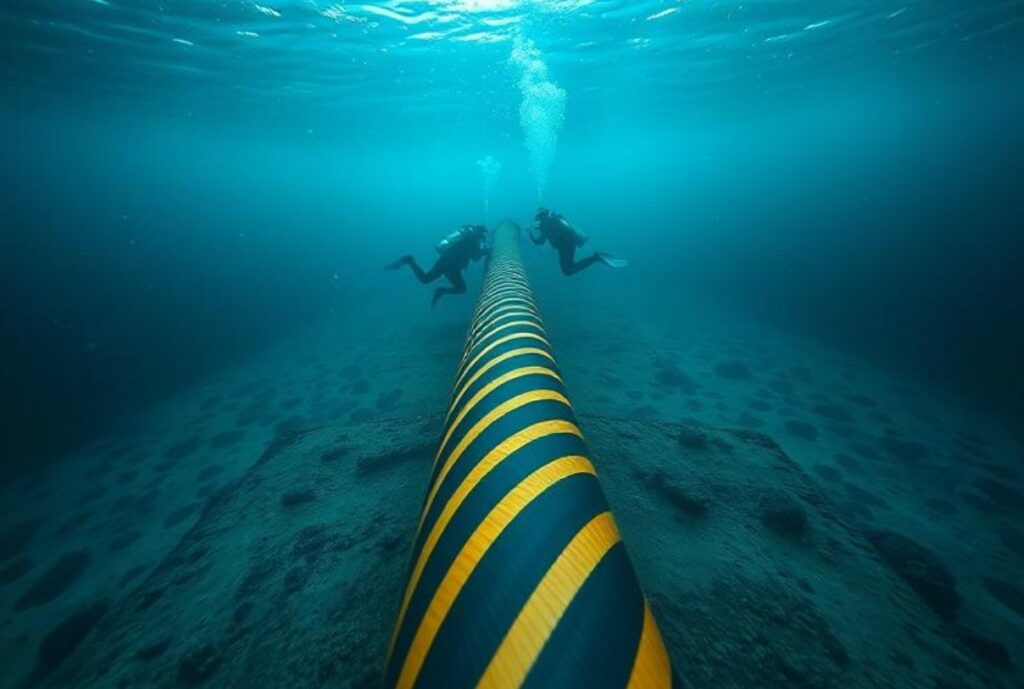
After the United States decided to restrict access to undersea communications cables using Chinese technology, Japan also initiated a plan to inspect its own connections. The investigation aims to verify whether key components from China were used in the installation and maintenance of the infrastructure.
According to Nikkei Asia, the audit will be completed by March 2026 and will cover cables, repeaters, and control systems. If the use of Chinese suppliers is confirmed, the Japanese government will encourage companies to turn to other markets, evaluating possible subsidies to cover the higher costs.
The global submarine cable market is dominated by SubCom (United States), NEC (Japan), and Alcatel Submarine Networks (France), which together hold almost the entire global share. Since 2008, China’s Huahai Telecommunications Technology has been added, bringing the four main players to produce and install approximately 98% of the world’s cables.
Japan, which relies on submarine cables for 99% of international communications, plays a central role as a manufacturer and as a hub between North America and Asia. However, the domestic industry suffers from trade barriers imposed by the United States, which have limited exports to customers such as Google and Meta. For this reason, Tokyo is considering requesting exemptions from the US Federal Communications Commission once the national investigation is completed.
The Japanese government is also focusing on the operational capabilities of companies in installation and maintenance. Currently, only KDDI and NTT have dedicated vessels, while other companies, such as NEC, must resort to leasing contracts. Purchasing these specialized vessels requires investments of tens of billions of yen, which is why state subsidies are being considered.
The issue is not new: already in 2022, then-Prime Minister Kishida had allocated $440 million to strengthen infrastructure and introduced the Economic Security Promotion Act, which included subsidies for critical materials. With the review scheduled for 2026, cable laying and maintenance could also be classified as a “strategic service.”
On the geopolitical front, Japan is following the US line, accusing China of installing eavesdropping devices and wanting to exercise control over the cables. However, experts and observers warn that Beijing’s exclusion risks weakening global security by slowing down repairs to damaged cables and politicizing essential infrastructure. China, for its part, reiterates the importance of maintaining the cables as international civilian assets, firmly opposing unilateral actions and promising to defend its interests.
Follow us on Google News to receive daily updates on cybersecurity. Contact us if you would like to report news, insights or content for publication.
